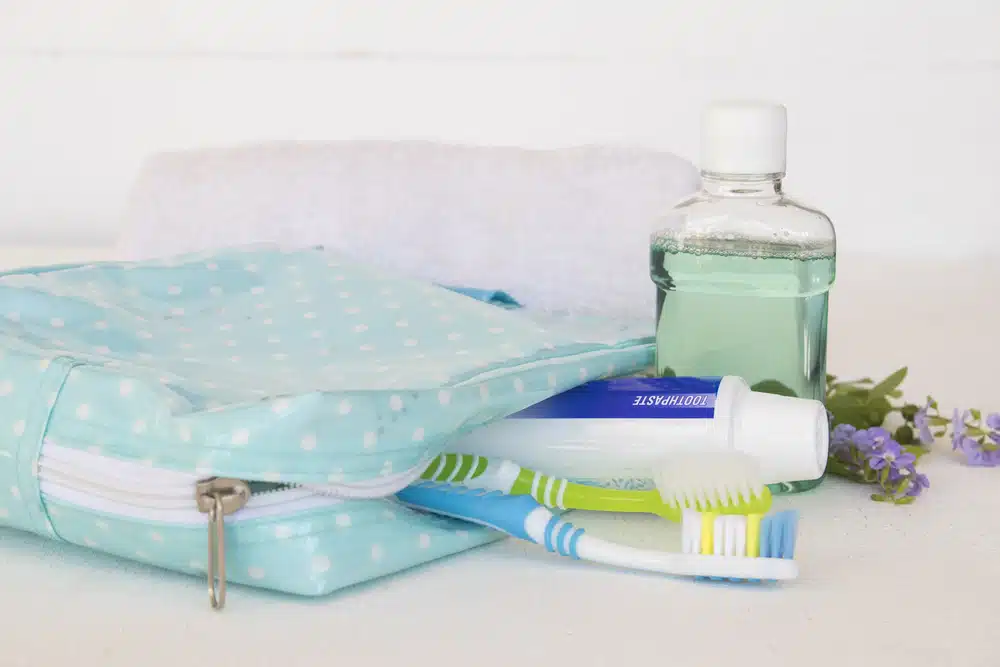Oral Hygiene Tips

Oral Hygiene Tips: Unlock the Secrets to a Healthy Smile
A healthy smile is more than just an attractive feature; it’s essential for overall well-being. Maintaining good oral hygiene boosts your confidence, prevents dental issues, and supports your general health. Explore these oral hygiene tips to keep your teeth and gums in top condition.
1. Brush Your Teeth Properly for Better Oral Hygiene
Brushing is the cornerstone of oral hygiene. Follow these steps to brush effectively:
- Use a soft-bristle toothbrush to protect your gums and enamel.
- Brush at least twice a day, ideally after meals, but always after breakfast and before bedtime.
- Spend at least two minutes brushing, covering all tooth surfaces.
- Be gentle, using short, back-and-forth strokes to avoid gum damage.
2. Choose the Right Toothpaste for Optimal Oral Care
Select a toothpaste without harsh detergents or abrasive particles. If you have specific concerns, such as sensitivity or gum issues, ask your dentist for recommendations tailored to your needs.
3. Floss Daily to Enhance Oral Hygiene
Flossing removes food particles and plaque from areas your toothbrush can’t reach. Make it a daily habit to keep your gums healthy and prevent cavities.
4. Use Mouthwash Wisely for Better Oral Health
Mouthwash can freshen your breath and kill bacteria, but it’s not a substitute for brushing and flossing. Choose an alcohol-free antimicrobial mouthwash to avoid drying out your mouth, which can cause bad breath.
5. Maintain a Balanced Diet for Oral and Overall Health
Eating a variety of fruits, vegetables, lean proteins, and whole grains supports both oral and overall health. Limit sugary and acidic foods, which can erode enamel and lead to cavities.
6. Stay Hydrated to Support Oral Hygiene
Water is crucial for oral hygiene. It rinses away food particles and helps maintain saliva production, which protects against dry mouth and tooth decay.
7. Avoid Smoking and Tobacco for Better Oral Hygiene
Smoking and tobacco use increase your risk of gum disease, oral cancer, and tooth staining. Quitting is one of the most impactful steps you can take for your oral hygiene.
8. Limit Alcohol Intake to Protect Oral Health
Alcohol can dry out your mouth, creating an environment where bacteria can thrive. Drink in moderation to protect your oral health.
9. Replace Your Toothbrush Regularly for Effective Oral Hygiene
Change your toothbrush every three to four months or sooner if the bristles are worn. A fresh toothbrush cleans your teeth more effectively.
10. Schedule Regular Dental Checkups to Maintain Oral Health
Regular visits to your dentist are essential for maintaining oral hygiene. They can catch issues early, provide professional cleanings, and offer personalized advice.
11. Use a Mouthguard for Sports to Protect Oral Health
Protect your teeth during sports with a mouthguard. A custom-fit guard from your dentist offers the best protection against injuries.
12. Manage Stress to Prevent Oral Hygiene Issues
Stress can lead to grinding and clenching, which harms your teeth. Discuss stress-related dental issues with your dentist to find solutions.
Following these oral hygiene tips will help you maintain a bright smile and support your overall health. Remember, your dentist is your ally in this journey, providing professional care and guidance to keep your smile at its best.
